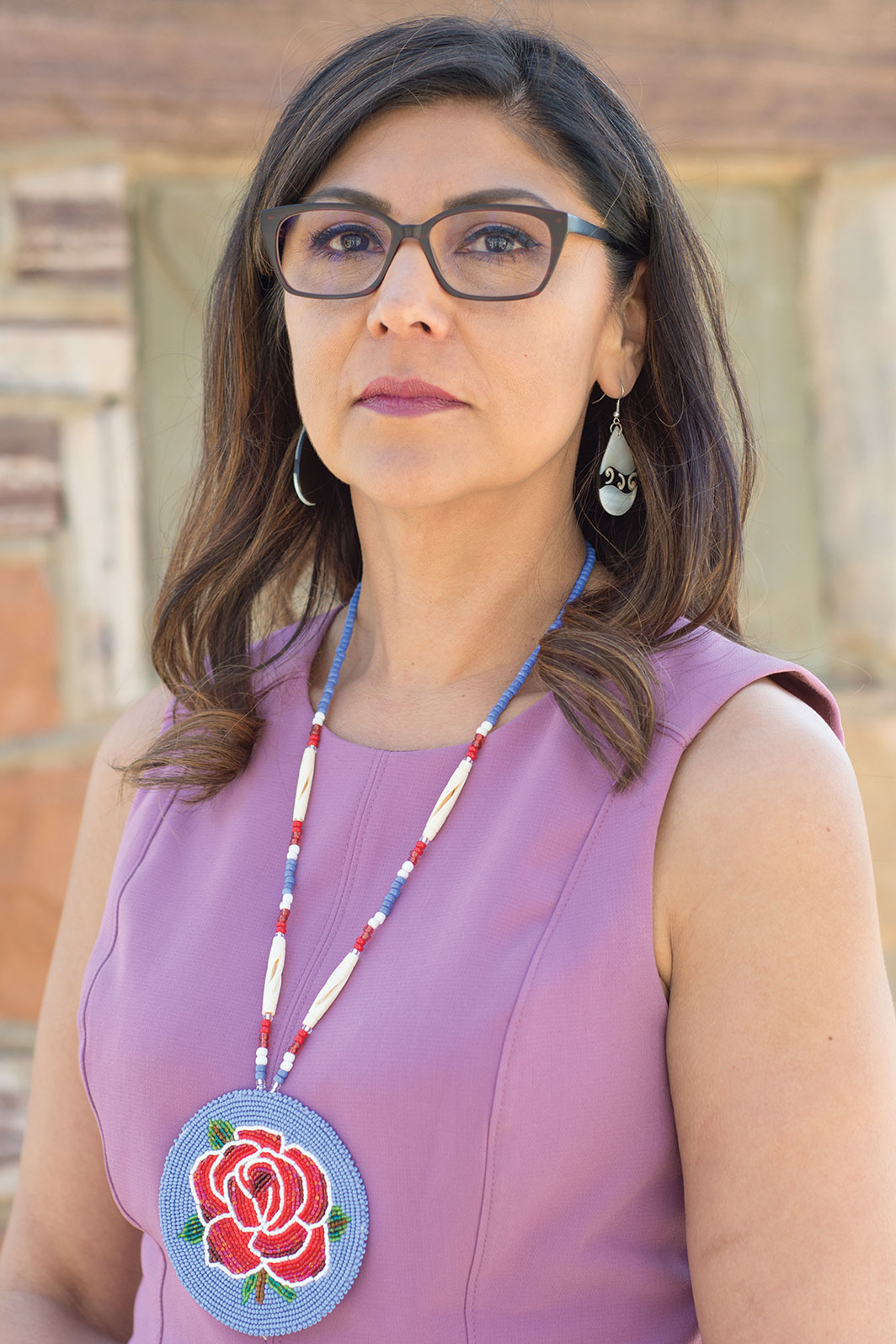Native communities have traditionally demonstrated tremendous skill in managing resources to support tribal needs on an ongoing basis. We manage our resources through conservation, so that they last throughout the years. Budgeting and savings are core skills that allow individuals, families, and organizations to contribute to the economy. These skills also allow us to make informed financial decisions.
An economy is a system the helps people exchange items of value. Economies can be local, tribal, regional, national, or international. Our ancestors were one of the first to trade for horses with the Spaniards, quickly developing excellent horsemanship skills and expanding their economic potential. In the modern era, we still trade and barter for food and other goods and services. Tribal economies have shifted from the trade and barter systems to that of a monetary exchange, but many of the resource management skills remain the same. The global economy is made up of businesses that provide goods and services and consumers who spend money on those goods and services.
As a consumer you can spend money in a way that benefits the local or tribal economy. When you spend money at a local business, you are making sure that your money goes to a local community member and business owner. That local business owner can then support the local community by providing goods or services that people want to purchase. A local business owner also contributes by employing community members, being a role model for youth, and making purchases at other local businesses. If you choose to spend your money at businesses that are not local, this money often “leaks out”.
Economic leakage occurs when money leaves the local economy sooner than one would like. For instance, in La Plata County, a recent study showed that, annually, pharmacies and drug stores had estimated sales of $19 million a year, but the potential for sales in the county was $46 million a year. That indicates approximately $27 million dollars is spent outside the county – which is considered a leakage of money that could be retained locally.
The majority of tribes spend their money in surrounding communities. When this happens, money is leaking out into non-Tribally owned businesses. On some reservations, nearly 80 percent of the dollars flow out without it being a benefit to the tribe’s economy. When this occurs, we do not retain or build our wealth as a whole.
The economic impact of spending your money at businesses owned by natives or the Tribe is significant. The Tribal Employment Rights Office (TERO) plays an important role in helping the local native economy. Additionally, the Tribe prioritizes the advancement of tribal employees and tribally-owned businesses of all sizes are emphasized in the Comprehensive Economic Development Strategy (CEDS). But, you too can directly support your tribe’s financial independence and strength by buying tribal first, then local, then regional!

